2019 - A Retrospective
Our open-source rendering framework The Forge Framework is now used in several AAA custom game engines and we currently use it as the fundament to build a cross-platform game engine for one of our customers.
https://github.com/ConfettiFX/The-Forge
We had 18 releases in 2019 and we have an active Twitter channel with more than 680 followers, more than 1500 likes on GitHub and 152 forks. We will have a user meeting at GDC again and the number of schools that uses this framework for teaching increases.
With such a success story, we decided to start a company around that framework named The Forge Interactive. We also worked on a new website for this company:
You will see lots of cool things coming out of this company in 2020 :-)
We never ever worked on as many projects as in 2019 with such a wide range of different topics before.
Amazon Robotics Gazebo
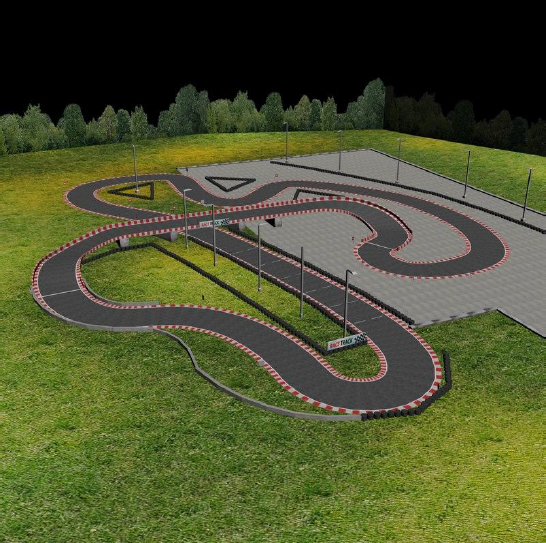
We worked on several robotics projects during the year. The first one was developing several reference scenes for simulating robots with the game engine Gazebo. We had a team consisting of four people and the project took more than 2 months. The test scenes were a racing track, book store and a sparse object room.
Insomniac Volumetric Clouds / PS4 Game Engine Optimizations
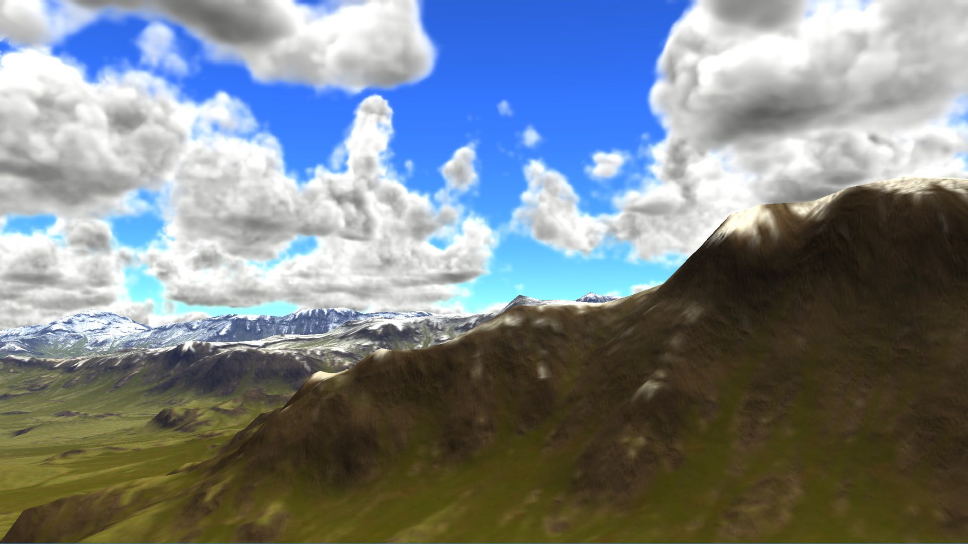
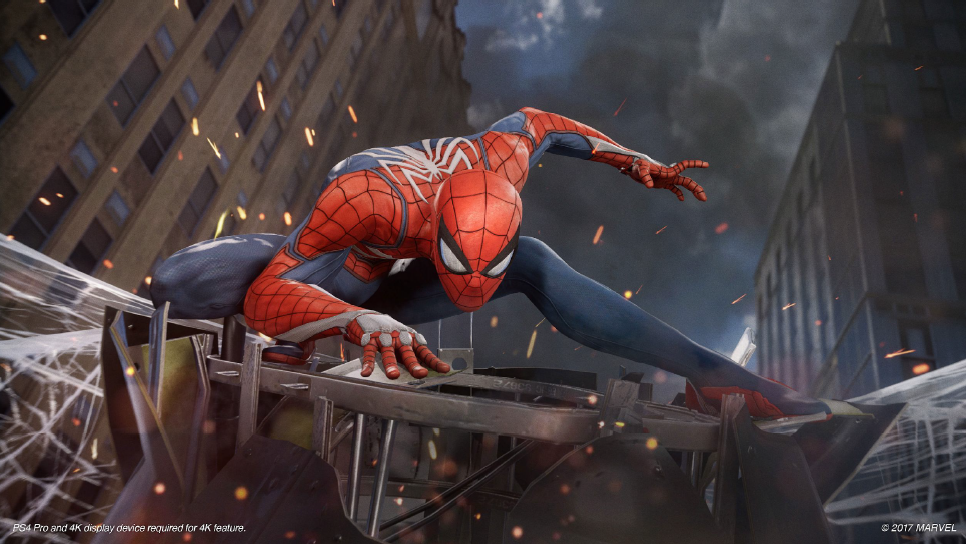
We continued our great relationship with Insomniac and developed a custom skydome system based on Ephemeris (https://github.com/ConfettiFX/Custom-Middleware) over more than six months for the game Stormland. In the same time frame we also optimized the PS4 game engine that was used for Spiderman.
Amazon Deep Racer
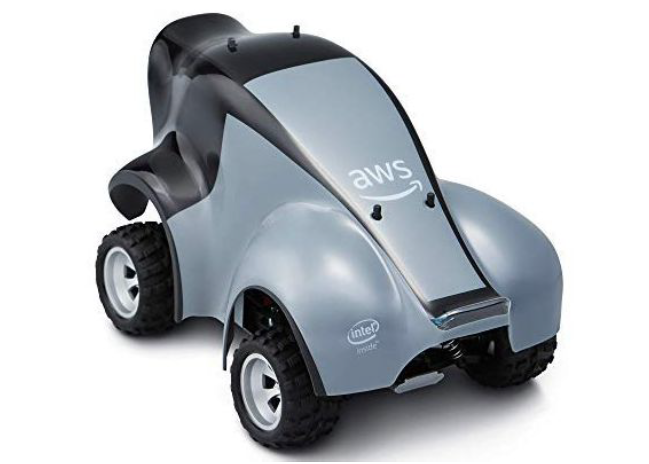
Amazon develops a robot called Deep Racer (https://www.amazon.com/AWS-DeepRacer-Fully-autonomous-developers/dp/B07JMHRKQG/ref=sr_1_1?keywords=amazon+deepracer&qid=1579211806&sr=8-1) that is used for races where this type of vehicle needs to find the fastest way around a racing track. To simulate that scenario we developed a 3D model of the car and used it in the game engine Gazebo to train its AI to drive around racing tracks as fast as possible. This project involved two people over more than 2 months.
Amazon Warehouse Scene
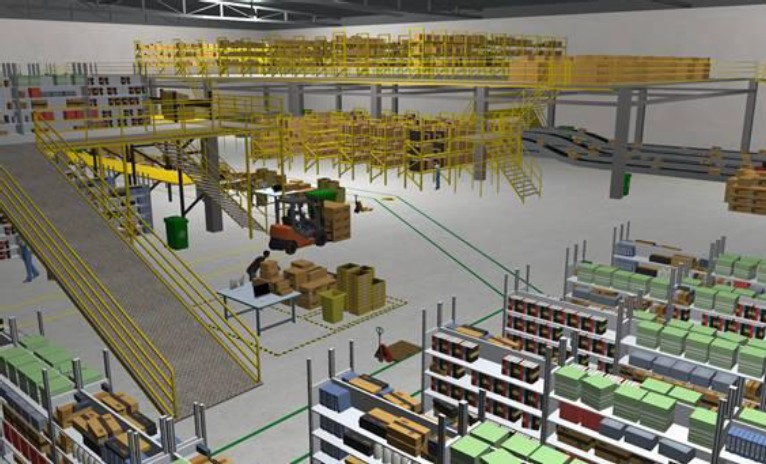
To train an AI we also developed an Amazon warehouse scene so that a robot can drive through it in the Gazebo game engine. This took 3 people more than 2 months.
Supergiant New Cross-Platform Game Engine for Hades
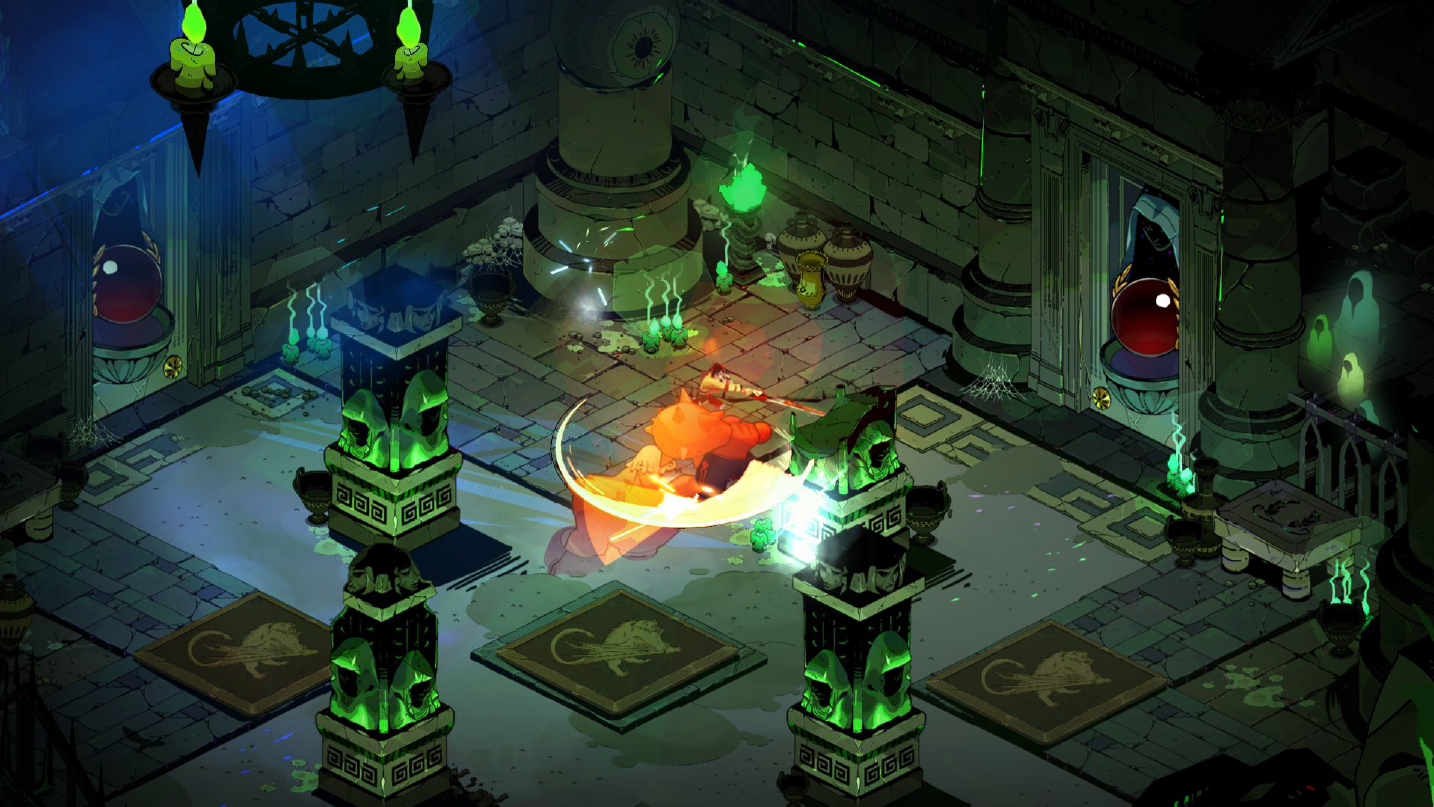
Since 2014 we help Supergiant to port their games to new platforms. After having ported Transistor to iOS and Transistor to Switch, we develop since April 2019 a new cross-platform game engine for the game Hades (https://store.steampowered.com/app/1145360/Hades/) with The Forge Framework. The game will support soon a wide range of platforms.
We love Supergiant games!
Google Stadia - Secret Project
We have been helping in the development of tools for Google Stadia.
BigBoxVR - Population One
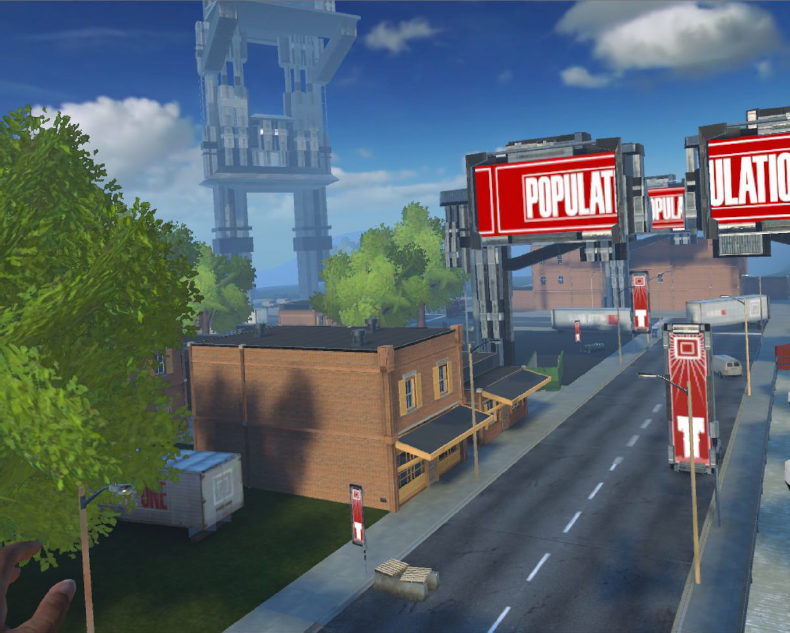
The game Population One is a battle royale type of game, running on PC and Oculus Quest. We modified and optimized the Unity Engine to run that game efficiently on both platforms. It took 3 people more than 10 months.
Ikea iOS / Android Furniture Visualization / Texture and UV mapping

We extended the mobile platform support of The Forge Framework for Ikea. To visualize furniture in high-quality on mobile devices, we added glTF, Google Basis support and changed some of the art assets. This took two people more than 3 months.
Facebook Technologies / Oculus Quest – RenderDoc extension + VK Validation Layer support
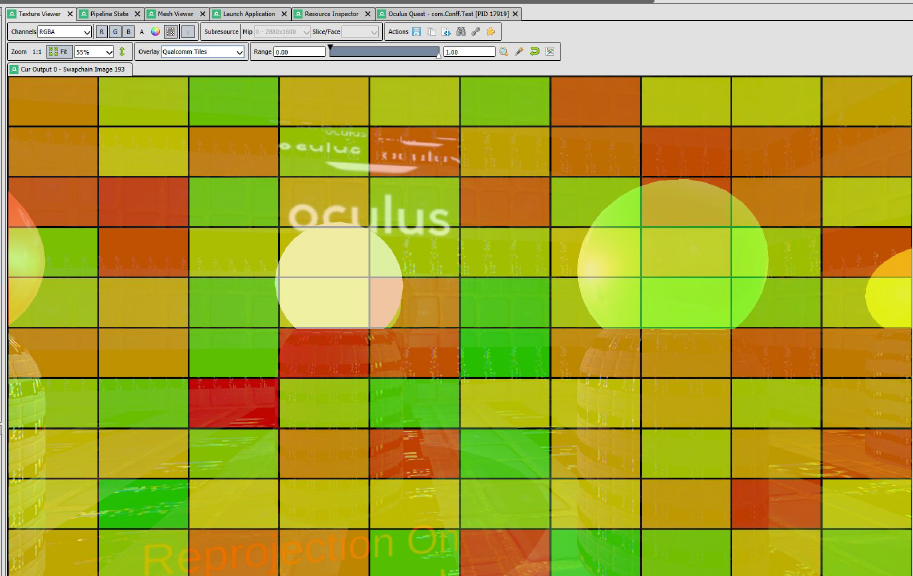
We extended RenderDoc's UI to add tile-based profiler information for the Oculus Quest and added Quest Support to the Vulkan Validation layers. This took two people more than three months.
Google Stadia Keyboard
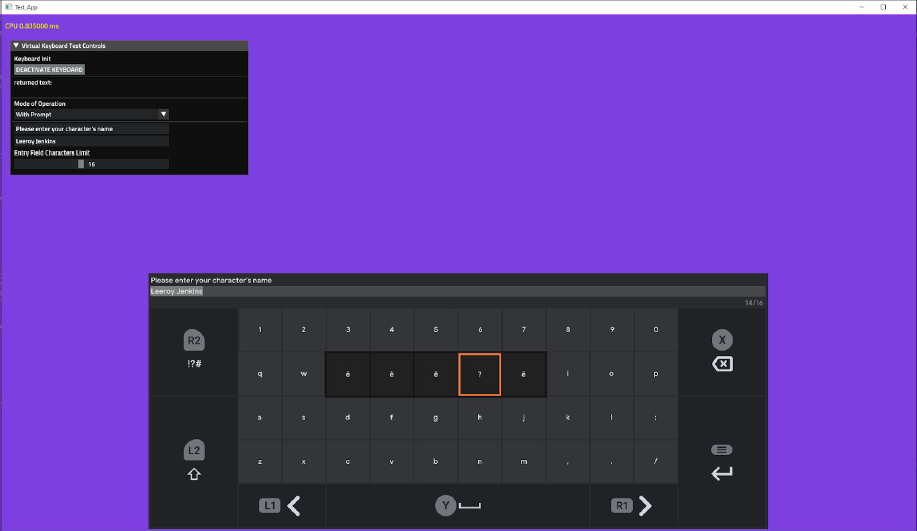
We developed the virtual keyboard for Google Stadia. Two people were involved in this project for more than 14 weeks.
Google Stadia Vulkan Driver and Shader Compiler Tests
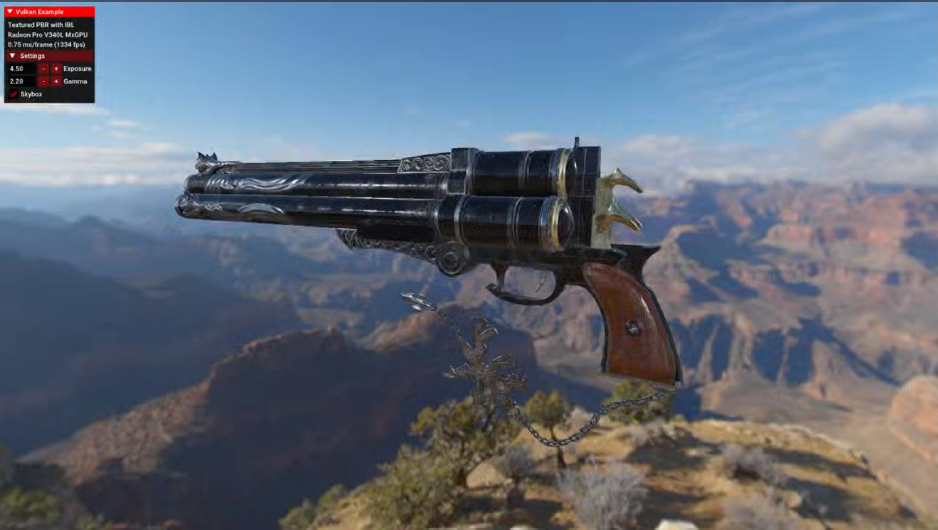
We ported the Sascha Willems GitHub repository to Google Stadia and then converted the shaders to HLSL so that they can be translated through DXC to find out how reliable DXC is. This took more than 15 weeks for three people.
Primal Space
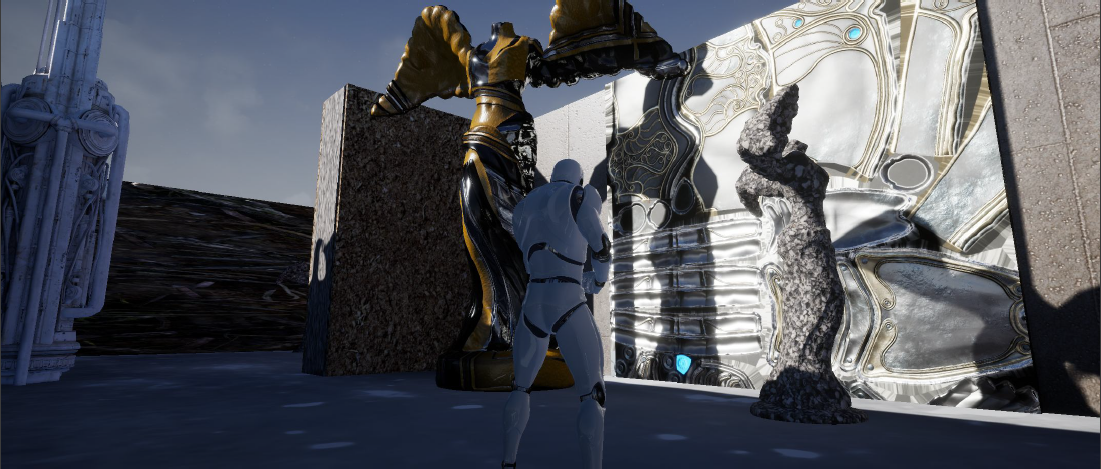
We are helping with the optimizations of a plug-in for Unreal Engine 4 since July 2019. This plug-in allows to stream game content from the cloud in a more efficient way. From our side there is one programmer involved.
Qualcomm VR Compositor
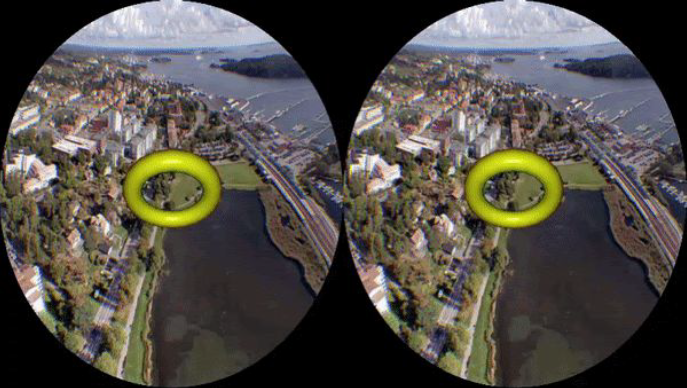
Since more than ten years we work with Qualcomm and this year was no exception.
Qualcomm provides a VR SDK to all their hardware partners. We are currently re-writing the compositor providing a native Android (remote) service for compositing XR graphics layers following OpenXR. So far one person worked on this project for 17 weeks.
Five Nights port to Quest
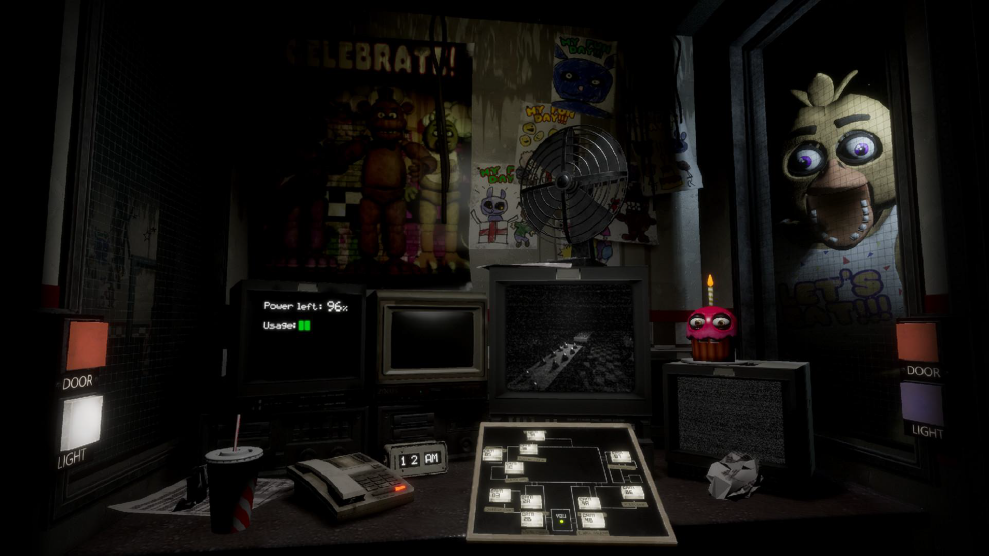
We are porting the game "Five Nights at Freddy's VR: Help Wanted" to the Quest for Steel Wool Games / Facebook Technologies. This project will take three programmers more than five months.
UE4 Showdown Demo for Quest
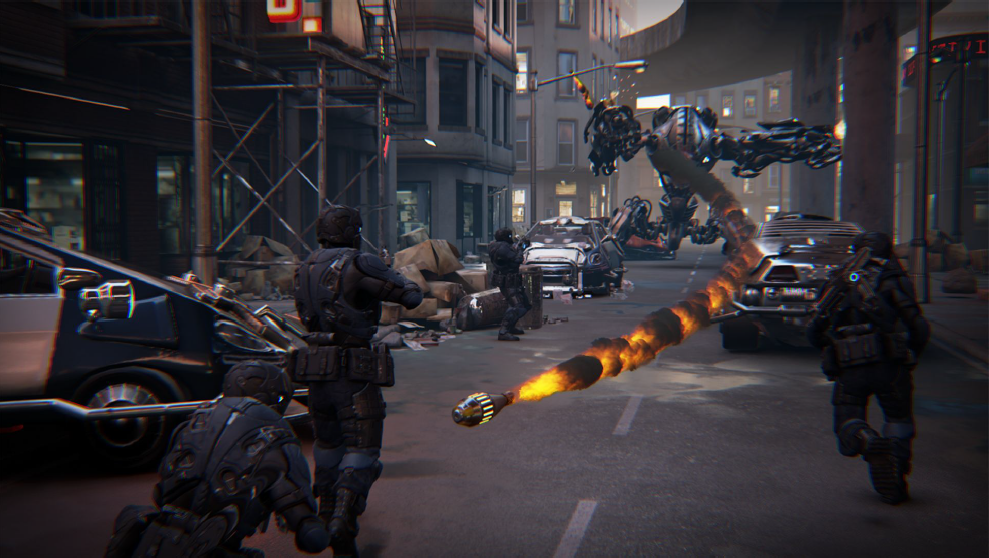
We are making the Unreal Engine 4 Showdown Demo run smoothly on the Oculus Quest for Facebook Technologies. This project takes two programmers three months.
Many of our unannounced projects can’t make it into a retrospective like this. You guys know who you are! Thanks for working with us.
If you are interested in reading our retrospectives of the last six years, please check out the following links:
2021 a retrospective
2020 a retrospective
2019 a retrospective
2018 a retrospective
2017 a retrospective
2016 a retrospective
2015 a retrospective
2014 a retrospective
2013 a retrospective